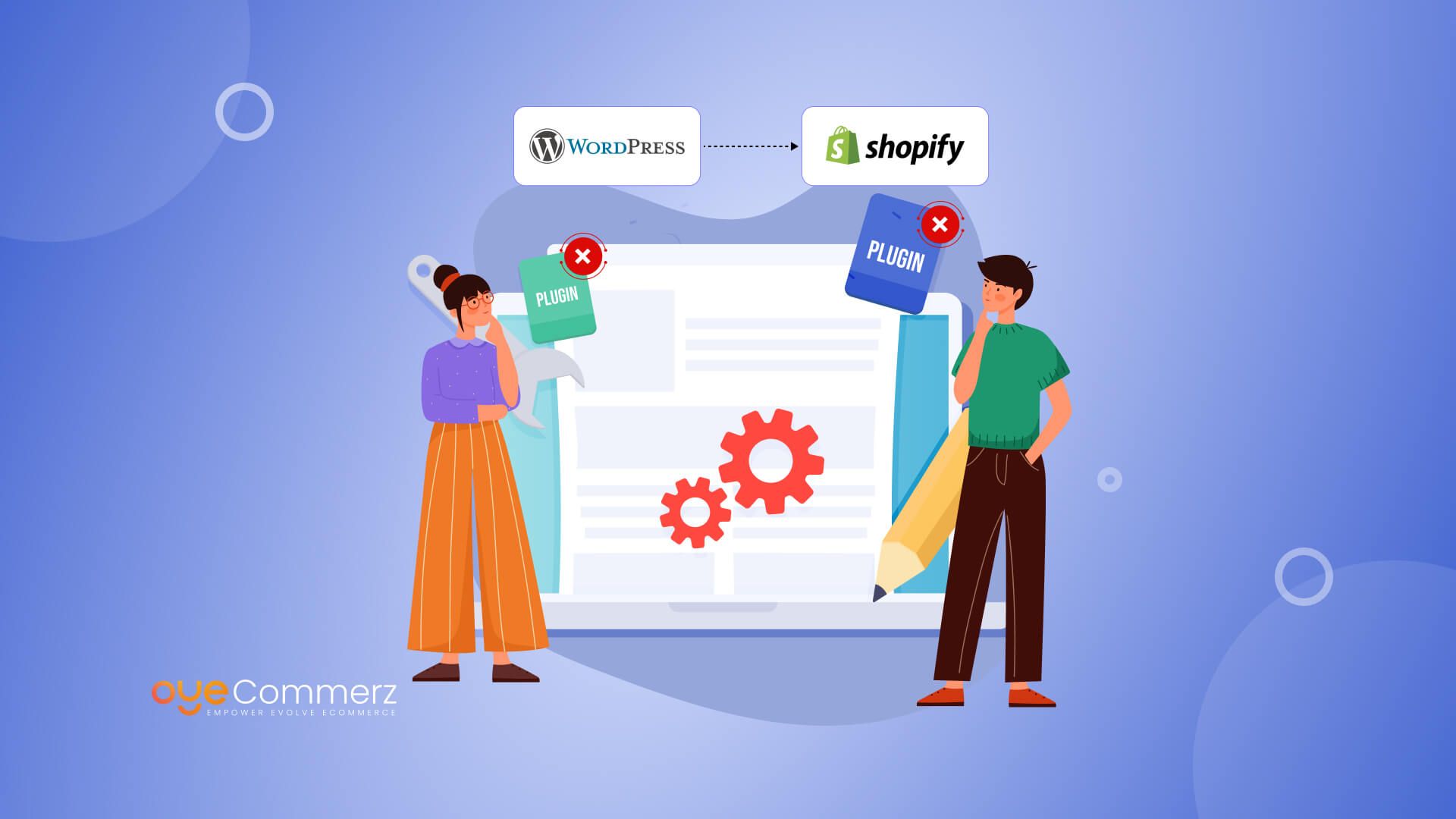In the ever-evolving world of online retail, selecting the best system is essential for your company’s growth. If you’re presently using WP and thinking about a migration to Shopify, you’re not by yourself. Many businesses are making this transition to utilize Shopify’s powerful capabilities, user-friendliness, and expandability. This guide will walk you through the process of migrating from WP to Shopify seamlessly, ensuring that you unlock your online retail potential.
Why Switch from WordPress to Shopify?
Before exploring the migration journey, it’s important to understand why this transition can be helpful for your digital storefront:
Accessible Tools: Shopify features an user-friendly interface that makes easier store handling, allowing for non-technical users.
Scalability: As your business develops, Shopify can handle increased visitors and sales without compromising efficiency.
Built-in Tools: Shopify comes with pre-installed features for SEO, analytics, payment management, and much more, reducing the requirement for several plugins.
Advanced Safeguards: With Shopify, you get access to robust security features that secure critical customer information.
Steps for a Seamless Migration
Migrating your digital shop from WP to Shopify requires key phases.
Here’s the way to achieve a smooth transition:
Plan Your Migration Approach
Start by drafting your migration strategy. Decide on which components of your current site you plan to migrate, such as:
Inventory information
User details
Transaction records
Blog content
Pick the Right Migration Solution
Considering your requirements, choose a migration plan that aligns with your business. Migration experts provides multiple options:
Entry-Level Plan: Suitable for small stores with minimal products.
Standard Migration Package: Recommended for medium-sized businesses with intermediate demands.
Comprehensive Solution: Best for big stores demanding extensive customization.
Save Your Data
Prior to beginning the migration, ensure that you have a full archive of your WordPress site. This task is crucial in the event anything goes off track during the transfer.
Retrieve Your Information from WordPress
Use tools or alternative solutions to export critical information from your WordPress site:
Inventory
Clients
Transactions
Articles
Upload Information into Shopify
Once you have your data retrieved, utilize Shopify’s built-in features or specialized apps to upload your data into your new store. Ensure that all Shopify migration tips information is accurately structured and aligned.
Customize Your Shopify Platform
Following importing content, customize your Shopify site’s layout to align with your business goals. Think about working with a designer if you need complex customization.
Set Up TransactionOptions and Delivery Settings
Configure payment gateways and delivery choices in Shopify to create a seamless checkout experience for customers.
Implement SEO Standards
To preserve your SEO performance during the change:
Use 301 link updates from existing URLs to migrated ones.
Revise meta tags.
Optimize images and content for SEO.
Test Your New Store
Before going live, thoroughly test your new store. Check for any broken links, payment processing issues, or missing data.
Launch Your Store
Once everything is in place, it’s the opportunity to publish! Inform the update to your users and motivate them to experience the updated capabilities of your Shopify store.
Post-Migration Support
Even after launching your new store, regular assistance is key. Think about working with experts who can assist with:
Technical support
Marketing strategies
Performance optimization
Conclusion
Migrating from WP to this platform can be a game-changing move for your eCommerce. By following this guide and working with tools like those offered by industry leaders, you can guarantee a seamless transition that enhances your online presence. moving your store to Shopify Adapt to the shift and discover the full capabilities of Shopify today!
